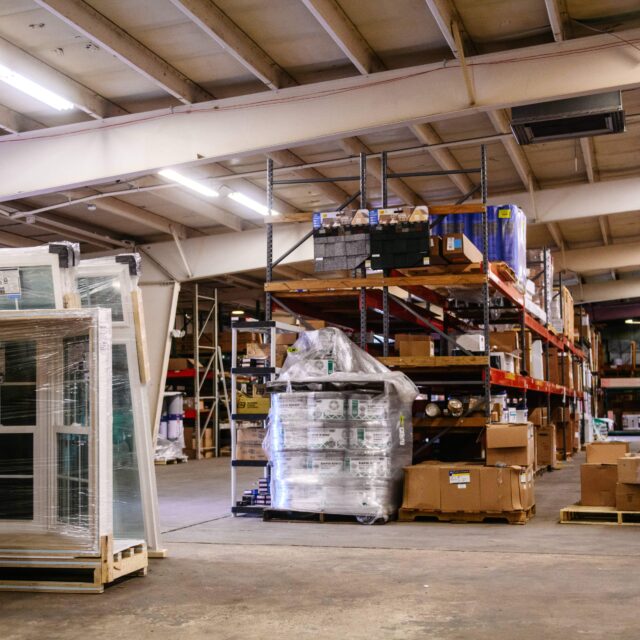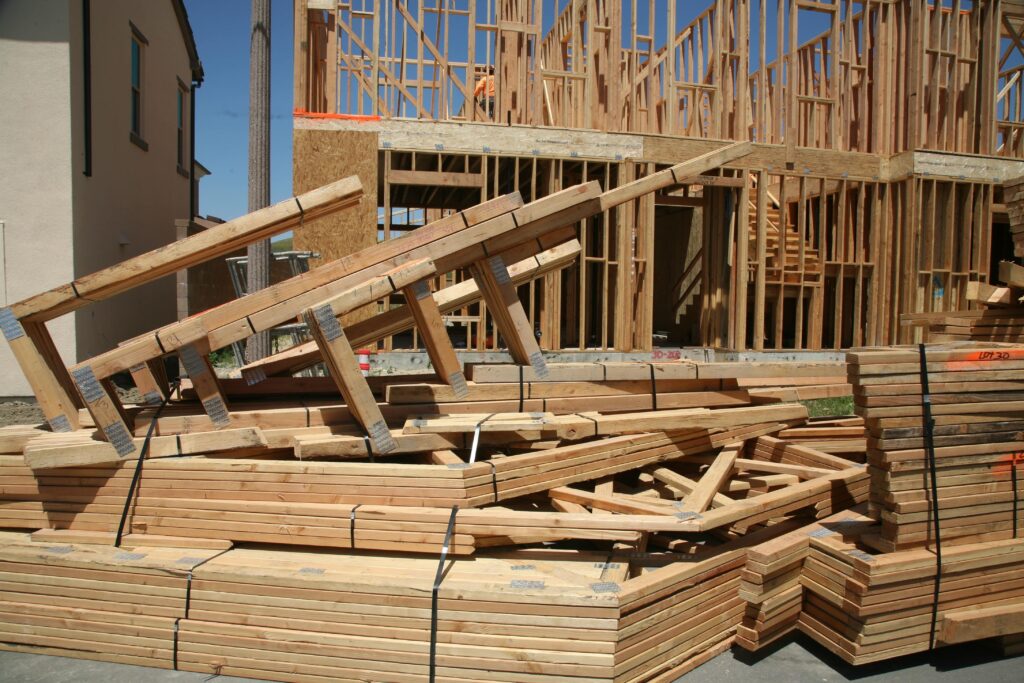The Hidden Costs of Cheap Building Materials

- Written by: jlbmdev

With staying on budget in mind, it can be tempting to opt for the cheapest materials when making home improvements, it’s crucial to consider the hidden costs that can arise from such decisions.
From decreased durability and increased maintenance to potential safety hazards and lower property value, the long-term costs of cheap materials can turn your home from a safe haven to a nightmare.
So, before you make a decision that could compromise your home project, read on to discover the hidden costs of cheap building materials.
First off, not all cheaper building materials are bad. There are some instances where a less expensive product can work as well as something more expensive. Examples include choosing laminate flooring instead of hardwood or a granite countertop instead of marble. So why would someone choose to use cheaper building materials?
If you ask people who work with building materials, they’ll give you a simple, one-word answer: price. Specifically, low prices. The lowest price the customer can find.
That’s an answer that feels right on an intuitive level. No one wants to pay more than they have to for anything, including building materials. Materials that are more affordable can significantly reduce the overall cost of a construction project. This can be important for individuals on a tight budget.
One advantage of using lower-quality materials is that you can often start your project immediately since the materials are readily available. There’s no need to wait for higher-quality products to be ordered and delivered, which can significantly accelerate the construction timeline.
High-quality materials often require specialized production processes or specific sourcing, which can lead to longer lead times. This is especially true in today’s market where material shortages are prevalent. Additionally, some premium materials may be produced in limited quantities, further impacting availability.
Lower-cost building materials can appear similar to some higher-quality options. By choosing less expensive materials, you can achieve a similar look at a fraction of the cost, allowing you to use your budget in other areas.
However, by opting for cheaper materials, you may be able to save money upfront, but you could end up spending more in the long run. (More on that below.)
Your home is your biggest investment and you need to weigh the long-term costs of cheap materials.
While you may save money initially, cheap materials don’t last as long as quality materials. Think uneven finishes, mismatched colors, or surfaces that lack a premium feel.
Inexpensive tiles may have inconsistent patterns or colors, creating a patchy appearance. Low-cost countertops might lack the durability and luster of higher-end options like granite or quartz, which not only look better, but also resist scratches, stains, and heat damage.
Investing in better materials can elevate your home’s appearance and enhance its overall appeal. High-quality finishes, natural colors, and durable surfaces contribute to a cohesive and aesthetically pleasing living space.
Cheaper materials often have shorter lifespans and are more prone to damage. This can result in frequent repairs and replacements, which can be costly over time.
Poor-quality insulation and windows can lead to higher energy bills. This is not only a financial burden but also contributes to environmental issues.
Another disadvantage is that low-quality materials may not meet safety standards, potentially posing risks to your health and well-being. For example, cheap or faulty wiring could lead to electrical fires.
Potential buyers are often wary of properties that may need extensive repairs or renovations due to using low-quality materials. These buyers may see these homes as less durable and potential money pits.
As a result, they put in a lower bid or avoid the property altogether. This can lead to longer selling times and ultimately lower profits for the homeowner.
Using cheap building materials can significantly compromise the structural integrity of a building, leading to severe and costly consequences. For example, substandard foundation materials may not be able to adequately support the weight of the structure, resulting in foundation settlement, cracking, or even collapse.
Similarly, low-quality roofing materials may not withstand harsh weather conditions, leading to water damage, mold growth, and structural instability. These issues can have serious safety risks and require extensive and expensive repairs. This is why at J&L, we only carry materials from the top residential roofing brands.
While a home warranty can offer financial protection for major appliance and system breakdowns, using inferior construction materials in DIY projects can jeopardize your coverage. It could even void your warranty.
If your home’s exterior siding needs repair, don’t rush to replace it with the cheapest option. The same goes for your decking, roofing, doors, and windows. Consult your warranty to ensure that the materials you use are approved, preventing potential issues that could affect your warranty coverage.

In the end, only you can decide if the hidden costs of cheap building materials are something you want to take on. While there are some compromises you can make, it’s best to talk to your contractor and decide where you want to take those risks.
At J&L we understand the debate between affordable vs quality building materials can be difficult so we make sure that our customers have access to a wide range of building products to meet their project needs.
Looking to avoid the hidden costs of cheap building materials?